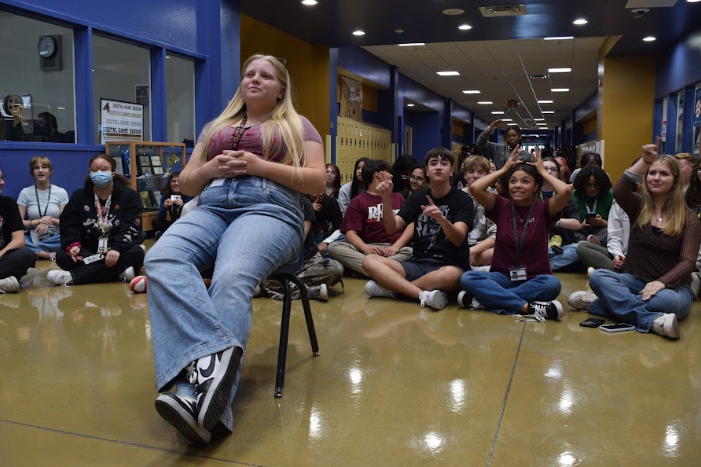Perhaps the most humiliating part of the Trump Administration’s four years was when their repeated attempts to overturn the election were shot down repeatedly by courts across the country. Despite their initial bluster, judge after judge — several of whom were appointed by Trump himself — sided against the legally questionable arguments of “I don’t like this” and “I still want to be president.”
How that story ended is well-known: Not a single Supreme Court Justice sided with the Trump camp’s lunacy, a rag-tag group of LARP revolutionaries broke into the Capitol at Trump’s direction, and Joe Biden is the president.
But an important lesson that’s easy to miss is that the laughable attempt to overturn the election can distract from the much-less-laughable new attempts to violate voter protections. Conservatives ripping apart voter protections don’t seek to trample over police officers a la January 6. But nobody should confuse that with a genuine commitment to democracy.
For instance, a couple weeks ago, Alabama Republicans were in hot water over their alleged racial gerrymandering of the state. Legislators packed an enormous share of the state’s Black residents in a single district, granting African Americans 13% of the Congressional districts when they constitute over a quarter of the population. Federal judges, including two appointed by Donald Trump, struck down the map, citing its dilution of minority voters.
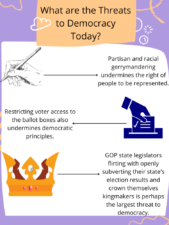
The high court, however, had other plans, staying the lower court ruling on the grounds that redrawing the maps would be too close to the election day. The basic argument here is essentially that you can get away with violating rights if reversing those violations would take too long. Even John Roberts, the court’s most famous opponent of voting rights, found the reasoning illogical. But the court’s five other conservatives didn’t care. An out-right autogolpe, or self-coup, by the sitting president was too much for them to stomach, but discarding federal law to ensure an extra Republican seat was just acceptable enough for the court’s right block.
This case mattered even for people who aren’t nerds about southern political geography. It’s a perfect example of two key lessons: One, how the credit that was heaped on the critics of Trump’s attempted coup was perhaps a tad bit excessive. And two, surpassing the lowest bar possible is not great proof someone is dedicated to democratic rights.
For more examples, look to former AG Bill Barr going from debunking election fraud lies to saying he’d support Trump in 2020. Or Susan Collins going from Trump’s most prominent critic among GOP senators to hinting that she may vote for Trump in 2024. Or the Court’s conservatives going from humiliating the Trump campaign to returning to their onslaught on voter protections. None of these actions may be as dangerous as Nevada’s own Michele Fiore, who literally blasted a beer bottle titled “voter fraud” in an ad of hers. But they’re still dangerous.
To clarify, I’m not saying don’t approve when people with objectionable records do approvable things. I’m just pointing out that it’s possible for more than one threat to exist at a time, and that general rule applies to threats to democracy.

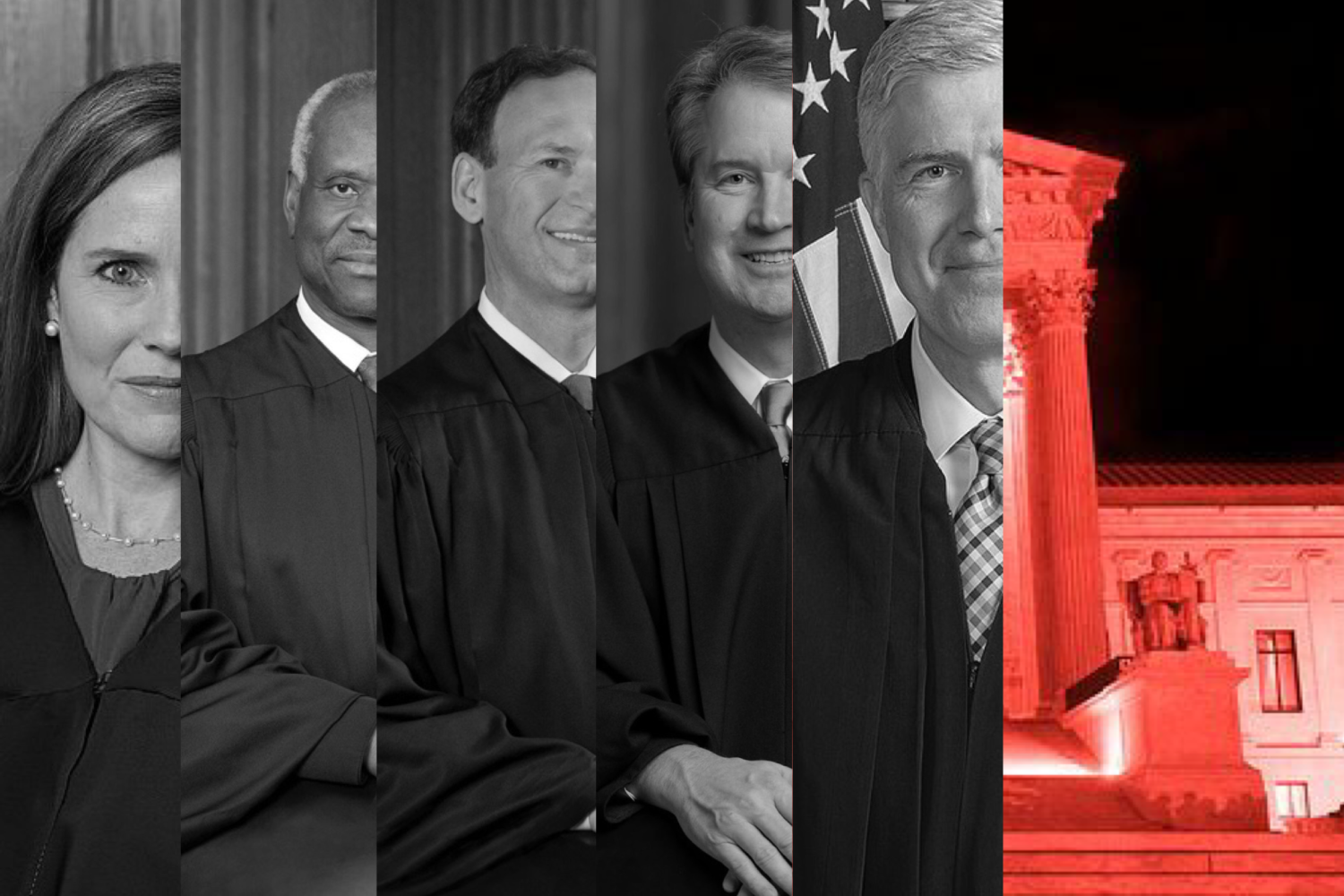


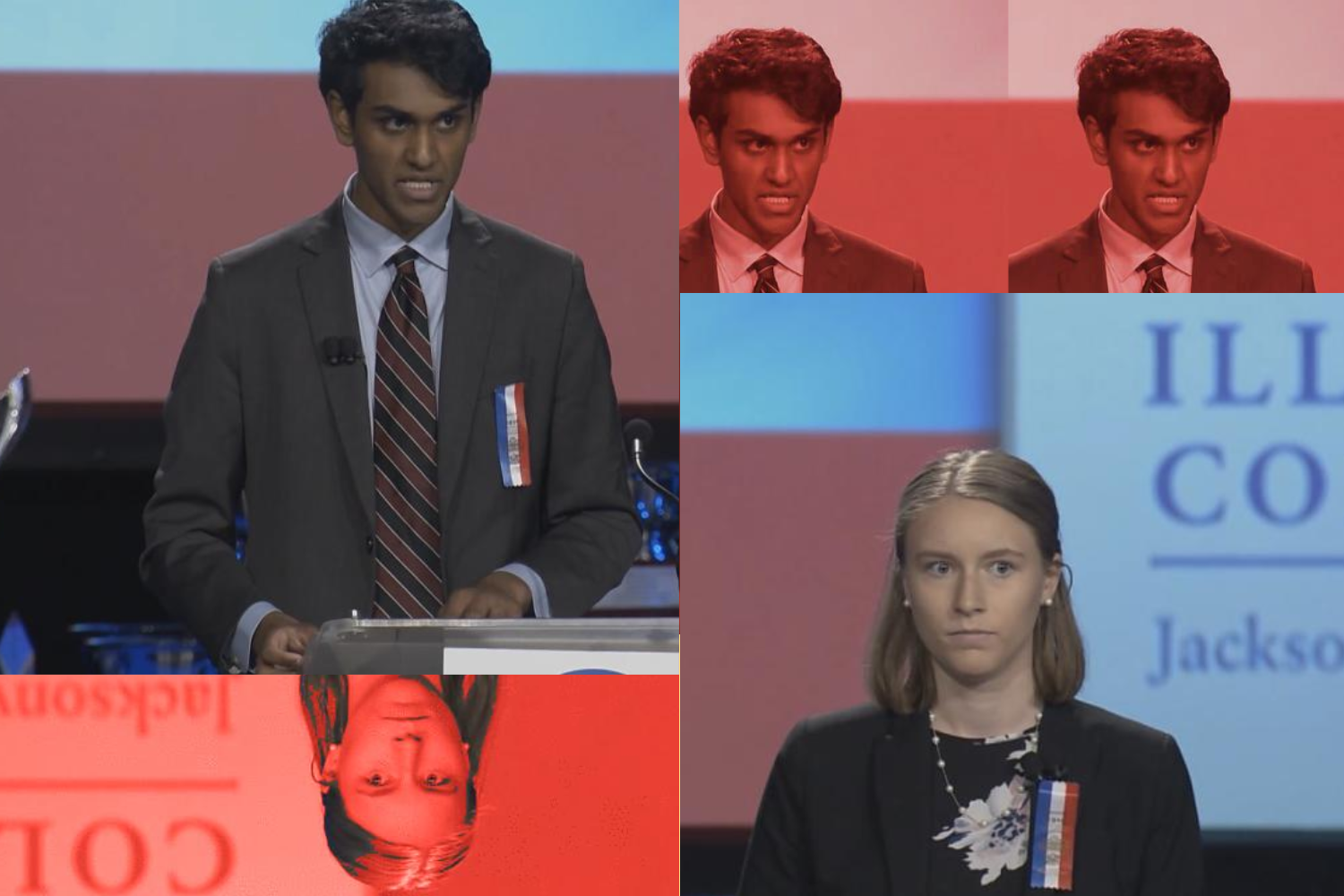
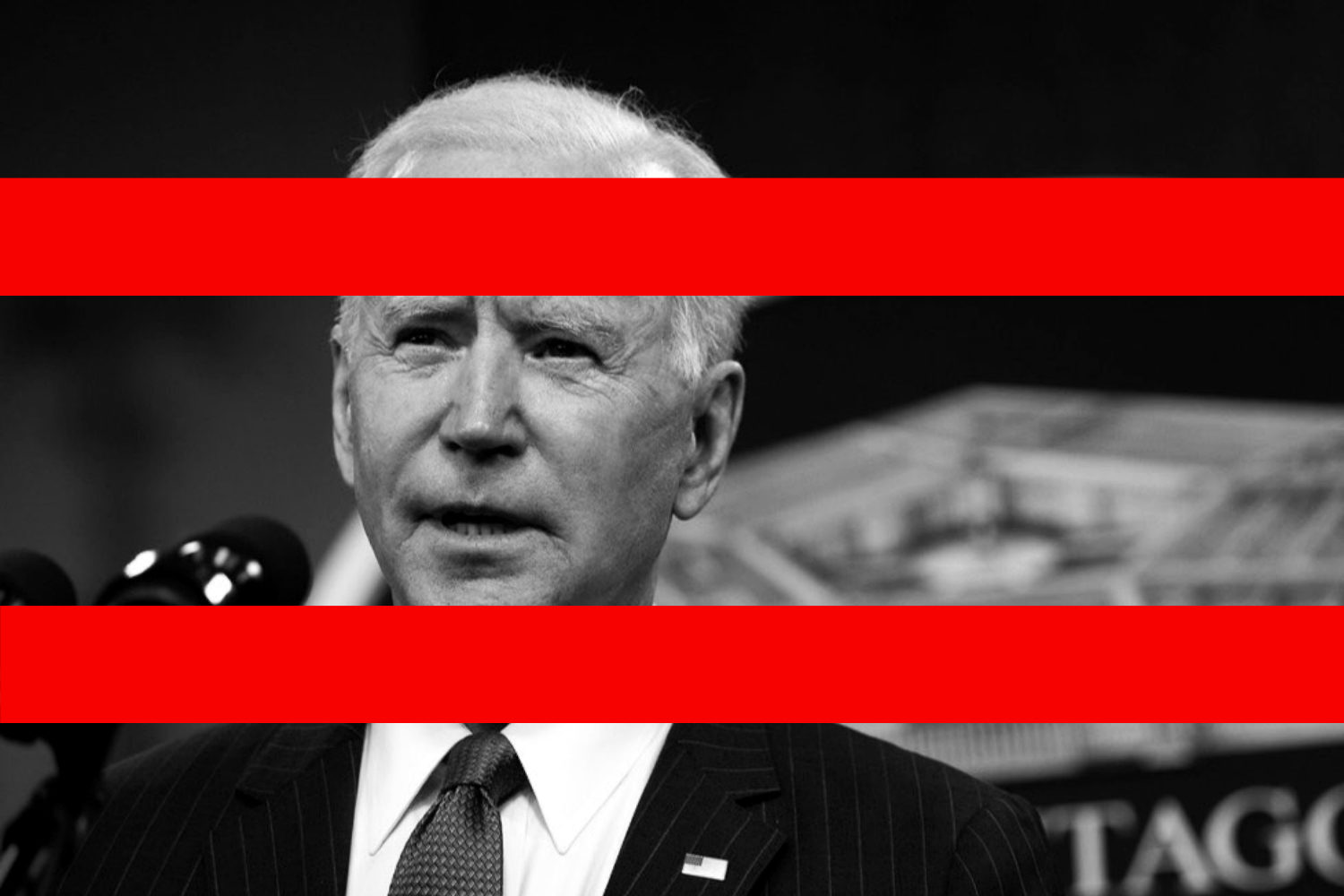
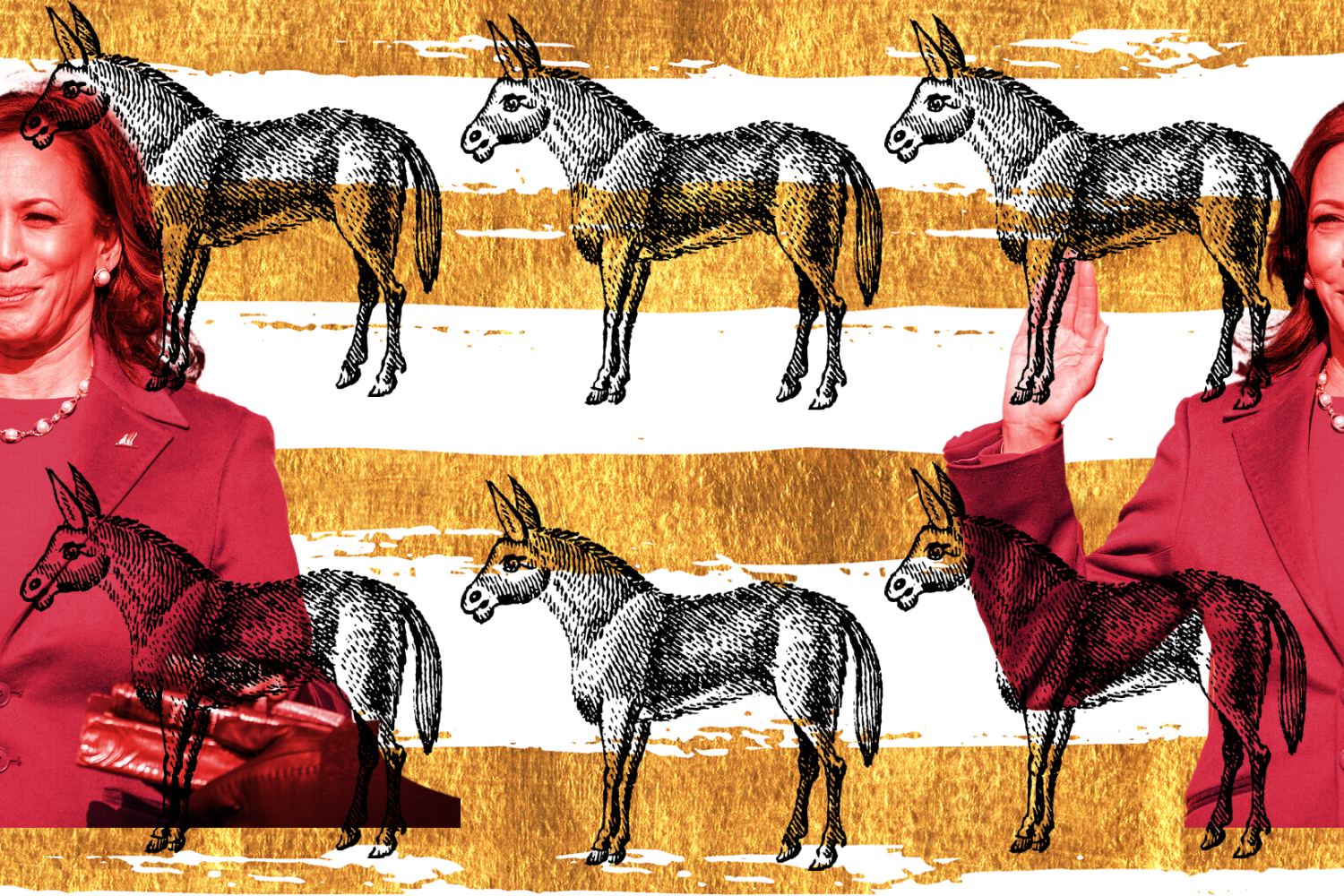









![Weighing her options, senior Allyana Abao decides between going on a practice drive or calling an Uber. Though unlicensed, Abao has considered driving to be a significant milestone of teen independence despite alternatives that provide much easier solutions.
“You're able to be independent and not rely on others,” Abao said. “You're able to get a job, get things that you need, go places you need to go. I have so many places that I want to go to and I ask [my family] for so much. I want to be independent to where they know that I can do things on my own, so they know that they don't have to be there for me.”](https://southwestshadow.com/wp-content/uploads/2025/10/IMG_2922-1200x900.jpg)
![Looking at the board, former BSU secretary Christina Altaye begins to prepare for BSU’s second year of Club Feud. This year, “Are You Smarter Than a Ninth Grader?” will be replacing this event. “I think it’s a fun change [to Club Feud],” BSU Activities Director Hellen Beyene said. “[I think] it’s always fun to do something new and different.”](https://southwestshadow.com/wp-content/uploads/2025/10/Screenshot-2025-09-29-11.06.43.png)

